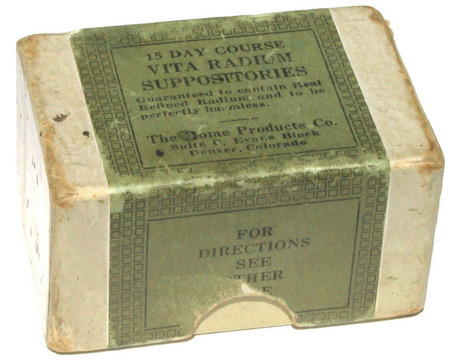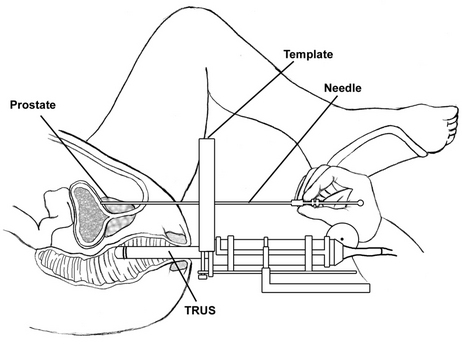Technologies Don’t Go Extinct
In an earlier posting I claimed that technologies don’t go extinct. By that I mean that no species, no specific invention, has been eliminated from the world at a global level. Somewhere, someone is still making that technology brand new today. Anything I could think of.

I repeated that claim in What Technology Wants, but science journalist Robert Krulwich was not buying it. Krulwich challenged me in public, on the radio, that he could easily find extinct technologies. He crafted a very fun NPR segment (worth listening to), where he sets out the challenge. Krulwich admits
I tried carbon paper (still being made), steam powered car engine parts (still being made), Paleolithic hammers (still being made), 6 pages of agricultural tools from an 1895 Montgomery Ward & Co. Catalogue (every one of them still being made), and to my utter astonishment, I couldn’t find a provable example of an technology that has disappeared completely.
Krulwich then crowdsourced the problem and asks NPR listeners to suggest technologies that have gone extinct globally. Lots of listeners responded and the NPR kept a log of the suggested extinct technologies. They ranged from obviously wrong candidates such as anvils and telegraphs, to more promising nominations, like shoe X-ray machines, whalebone corset stays, or the solar bath (as depicted below by NPR’s Benjamin Arthur).

From all the candidates, Krulwich selected three that they submitted to me as very likely to be extinct:
The Roman Corvus — a pivoting bridge with a spike dropped on enemy ships.
Ferrite Memory Cores — found in early jukeboxes and primitive computers.
Radium Suppositories — radioactive sticks you insert into your anus.

I supplied counter examples of ways in which I felt these species are still alive, still being used. I found radioactive therapy devices for the rectum, and gang planks for boats, and ferrite cores being made for non-computer use.

It may be a game of semantics whether these are the same species, but you can judge for yourself in Krulwich’s great summary of our wager.
In the final episode he gracefully conceded: “consider me beaten. To a degree I didn’t appreciate until Kevin forced me to look – technology does indeed persist. Tools, machines, they change, they adapt, they morph, but they continue to be made. I hadn’t noticed this tenaciousness before.”

This story of technology’s persistence is told in full by a book that was published after I finished my book (and so it was not included in my bibliography) — The Shock of the Old. Author David Edgerton makes the important point that old technologies don’t die; they continue to influence us, and often to shape our lives more than the new does. Just consider concrete, slaughtering tools, sewing machines and so on.
There is more old technology around they we admit, and it is more powerful than we recognize.


